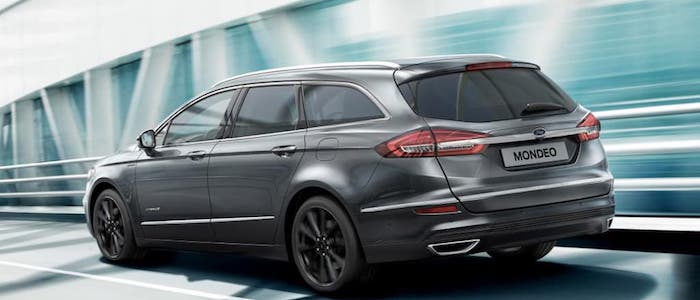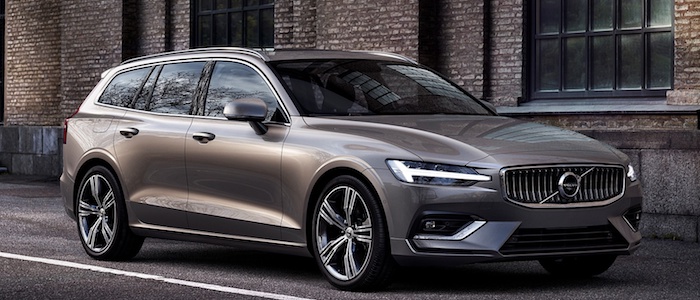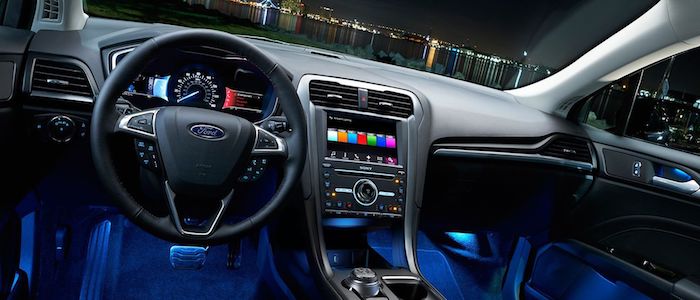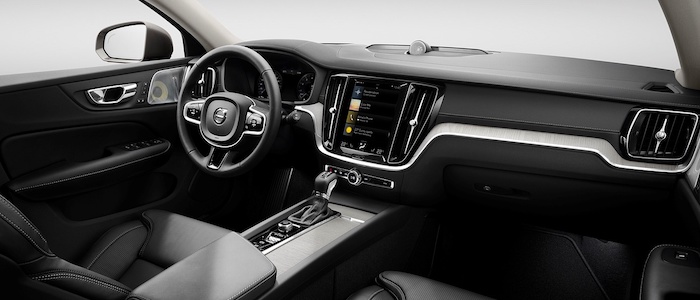Compare two cars
Compare any two cars and get our Virtual Adviser™ opinion
Dimensons & Outlines
Check vehicle history
Engine
2.0 LF-VD Hybrid
Performance (manual gearbox)
Performance (automatic gearbox)
Expenses
Virtual Adviser's™ opinion
Two significantly similar cars, no doubt about that. Still, each one has something different to offer. Having both cars powered by hybrid engines and utilizing the 5-door wagon body style within the same 'Large family car' segment, the only major difference here really is their wheel drive configuration (front for the Ford and 4 x 4 in the case of the Volvo). The first one has a Mazda-engineered powertrain under the hood, a 4-cylinder, 16-valves 187hp unit, while the other one gets its power and torque from a 4-cylinder, 16-valves 340hp engine designed by Volvo.
SafetyA starting point here would be to take a look at the results from European New Car Assessment Programme (Euro NCAP) tests which were performed on both of the cars, with the same number of safety stars gained in the process. Still, apart from the official crash test results there are other things we need to be aware of. Both vehicles belong to the large family car segment, which is generally a good thing safety-wise, but it doesn't do much to help us decide between the two. On the other hand, when it comes to weight, a factor that most people underestimate, the Swedish car offers a considerable difference of 26% more metal.
ReliabilityManufacturers have been building their reliability reputation for decades now and, generally speaking, it appears that Ford does have a slight advantage, at least on all of the models level. These are the results of an independent reasearch, while our visitors describe reliability of Ford with an average rating of 4.4, and models under the Volvo badge with 3.2 out of 5. Unfortunatelly, I don't have enough insight that would allow me to comment in more details on the specific models level. Above it all, drivers of cars with the same engine as the American car rank it on average as 3.0 out of 5, exactly the same as the other one.
Performance & Fuel economyVolvo is way more agile, reaching 100km/h in 3.9 seconds less than its competitor. In addition to that it accelerates all the way to 250 kilometers per hour, 63km/h more than the other car. When it comes to fuel economy an obvious choice would be the Swedish car, averaging around 1.7 liters of fuel per 100 kilometers (166 mpg), in combined cycle. That's 159% difference compared to the American car!
Verdict
Ford appears just a bit more reliable, although the difference is truly marginal. The most important thing when deciding between any two vehicles should always be safety, both passive and active. In my opinion, everything taken into account, the Swedish car offers significantly better overall protection, taking the lead here. It all continues in the same direction, with Volvo outracing its opponent in any situation possible, making it better choice for boy racers. To make things even better, it consumps less fuel! All together, there's not much more to say, in this case I wouldn't even consider anything but Volvo. Nevertheless, let's not forget that people have different preferences and needs, so what really counts is your personal feel. I'm only here to help. I suggest you spend two more minutes in order to find out which car, based on your needs and budget, would be picked by the virtual adviser™, out of 12.000+ vehicles we currently have in our database.
































